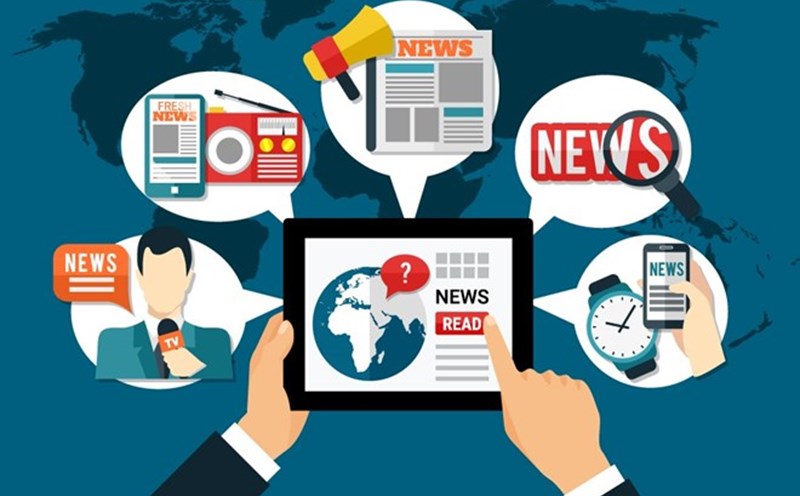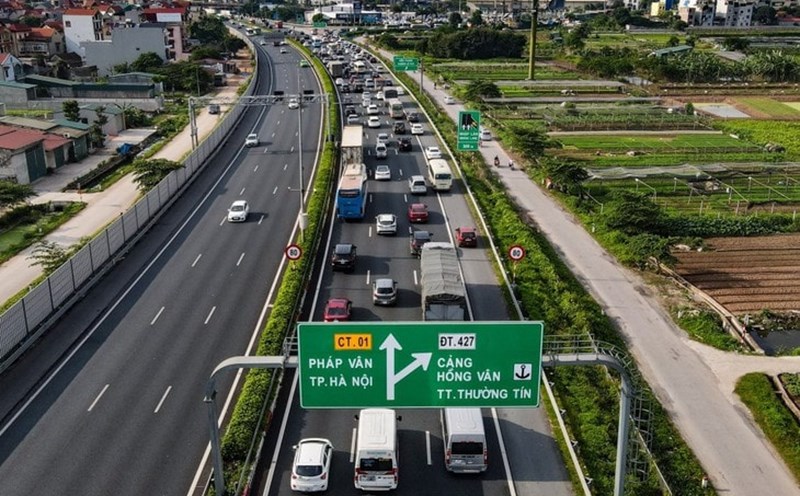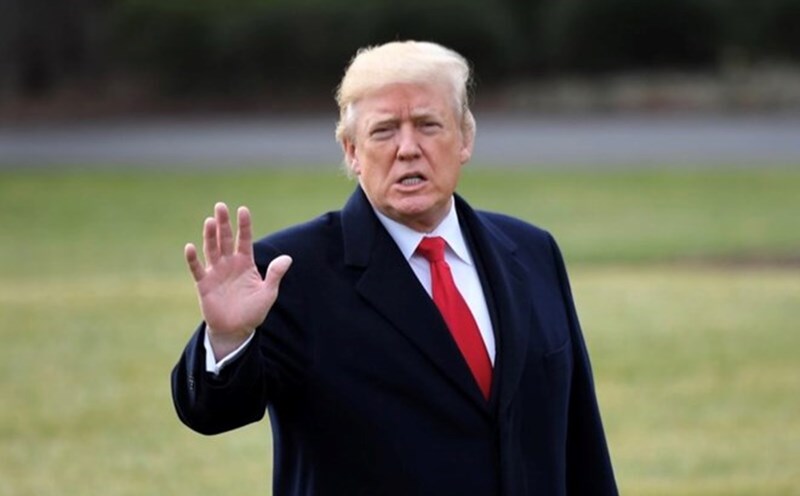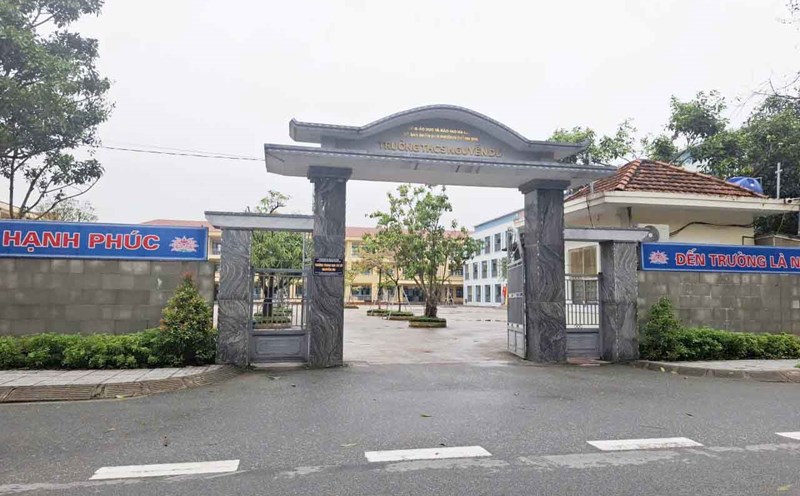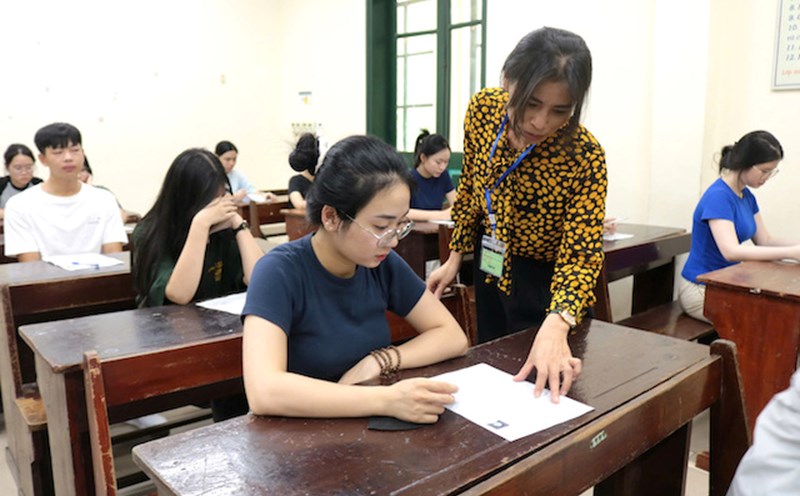Emphasizing reform and innovation
Presenting the Proposal for the Draft Law on Press (amended), Minister of Culture, Sports and Tourism Nguyen Van Hung said that this amendment to the Press Law aims to institutionalize the Party's guidelines and policies, especially the spirit of the 13th National Congress: "Building a professional, humane and modern press and media". The draft Law consists of 4 chapters, 51 articles - 2 chapters, 10 articles less than the 2016 Law - clearly demonstrating the spirit of legislative innovation, only regulating the contents under the authority of the National Assembly, and in detail will be adjusted by decree and circular to ensure flexibility and practicality.
One of the notable points is the reduction of 20 administrative procedures, helping to reduce costs, time, licensing conditions, and at the same time expand the space for press activities in cyberspace - a field that is developing strongly and requiring flexible legal mechanisms.

The Law also lays the foundation for the formation of key multi-medium media agencies, creating a premise for building national press groups in the future - a popular model in many developed countries, allowing the press to exploit content, technology and human resources more effectively.
Minister Nguyen Van Hung emphasized: With the comprehensive amendments, the Press Law, when passed, will ensure legal tools to help the State manage media risks, maintain ideological security and digital sovereignty, and create strong development momentum for the press in the digital transformation period.
Promoting the press economic model - unlocking development resources
One content that is of particular interest to the press is the press economic development mechanism. According to the National Assembly's Committee on Culture and Society, adding regulations on press economics is a necessary step in the context of the global transition from "traditional journalism" to "industry - service journalism".
The new law allows the press to have diverse sources of revenue such as: Selling press works; Allowing exploitation and reuse of content; Linking and cooperating in press activities; Providing public career services under the mechanism of ordering and bidding; Collecting scientific research review fees.
According to delegate Pham Nam Tien (Lam Dong delegation), these changes will help the press increase its autonomy, gradually form a healthy, transparent press economy and create a stable financial mechanism for the press.
Previously, the 2016 Law only limited linkages in some fields, now it has expanded a lot, except for national defense, security, and foreign affairs. This is a big step forward to help the press become more dynamic in cooperation and content creation, said Mr. Tien.
Sharing the same view, delegate Nguyen Thi Mai Thoa (Hai Phong delegation) said that the Press Law (amended) will help solve financial "bottlenecks", creating conditions for press agencies to carry out political tasks while developing sustainably:
The new regulations will enhance the autonomy of the press, helping the press to be more proactive in funding while still performing well the propaganda tasks of the Party and State.
Building a mechanism for ordering and bidding for public duties is the right direction for the press to operate according to the cultural economic model - which both ensures political tasks and has market vitality.
Adapting to the spirit of integration, development of cyberspace and AI technology
National Assembly delegate Bui Hoai Son - Standing member of the Committee for Culture and Society - emphasized: To develop journalism sustainably, it is necessary to consider this as a special cultural industry. He said that the revised Law needs to specify the financial mechanism based on public ordering and bidding; at the same time, allowing linkages with domestic and foreign enterprises and organizations to exploit the potential of content and technology.
When the press is placed in the cultural industrial ecosystem, we can create a large value chain - both serving political tasks and contributing to economic growth and promoting the national image, said delegate Bui Hoai Son.
He also proposed expanding the rights of local authorities in licensing publications, subsidies, and columns - to help the press become more closely connected to people's lives, reflect local realities, and reduce the burden on central management agencies.
In addition, the Law also needs to encourage the development of foreign press and multilingual communication, especially in English and the languages of neighboring countries, to promote the image of Vietnam in the integration process, in accordance with the spirit of Resolution 59-NQ/TW on international integration in the new situation.
One of the important new points of the draft is to expand the scope of press activities in cyberspace. The press will have a clear mechanism to protect copyright and related rights when content is violated, illegally copy or edit on digital platforms, especially cross-border platforms.
The Committee for Culture and Society proposes to supplement regulations on legal liability of foreign social networking platforms in case of persistent content channels, as well as mechanisms for handling when violating content appears.
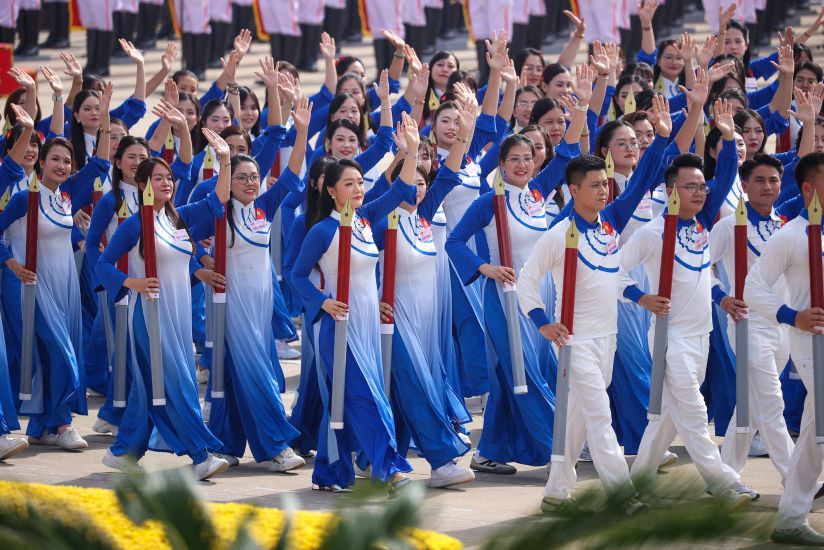
Notably, the draft Law also mentioned the application of artificial intelligence (AI) in journalism activities - an irreversible trend. Delegate Le Nhat Thanh (Hanoi Delegation) suggested that it is necessary to clearly define the principle of transparency and legal responsibility when press agencies use AI to create or edit content.
Press agencies must be responsible for controlling the origin and legality of works, even when using AI. If we use AI in editing, we need to make it clear to readers, Mr. Thanh emphasized.
This demonstrates the vision of the Press Law (amended) in grasping technology trends, ensuring professional ethics and information transparency, while helping Vietnamese press be proactive in the global competition for digital content.
New momentum for Vietnam's revolutionary press
The Press Law (amended) is not only an institutional improvement, but also a strategic turning point to help Vietnamese press change towards professionalism, modernity, humanity and integration. The law creates a legal environment for the press to be financially independent, create content, and innovate technology. At the same time, maintain political orientation, ensure ideological security and digital sovereignty. Affirming the role of leading public opinion, strengthening the people's trust in the Party and the State.
When the legal framework is completed, the press will not only be a communication tool, but will become a special productive force, contributing to the development of the national knowledge economy.




